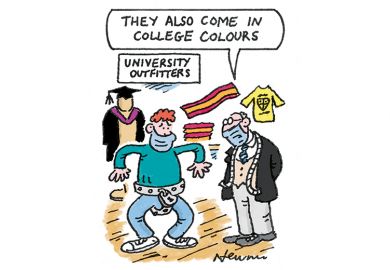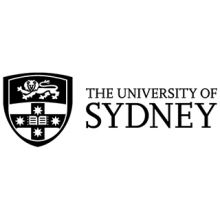
Scientists the world over have been working far more punishing hours than 9 to 5 in the race to find a coronavirus vaccine, but it has now been revealed that their efforts were aided by a $1 million (£814,000) donation by Dolly Parton. The country singer gifted the money to the Vanderbilt University Medical Center, a partner of the US company Moderna that has developed a Covid-19 vaccine. Moderna has announced that its vaccine showed 94.5 per cent effectiveness according to early data, and Ms Parton told the BBC’s The One Show that she “felt very proud to be part of that little seed of money that will grow into something great and that will help to heal this world. Lord knows we need it.” The news was met with an outpouring of appreciation for the famed philanthropist, with one Twitter wag even recording a cover of Ms Parton’s hit song Jolene in which the lyrics to the chorus had been changed to “vaccine, vaccine, vaccine, vacciiiiine”.
Paying to attend a graduation ceremony is contentious at the best of times, but stumping up £10 for an online event in the age of coronavirus is particularly riling students, it seems. According to the Daily Record, students at the University of the West of Scotland were in revolt against “miserly university bosses” who had charged the fee for the winter round of 2020 graduations. “Graduation fees have been scrapped at the majority of Scottish universities,” said student union president Ismail Nizami. However, the university defended charging a fee for the “high-quality, virtual interactive ceremonies that will allow our graduating students to celebrate their well-earned academic achievements with their loved ones, friends and the UWS community”, adding that students who did not attend the events would still graduate.
The US election has driven many of us to distraction in recent weeks, but it appears the results were just too much for one university dean. Paul Ewell stepped down from his role at Virginia Wesleyan University after a Facebook tirade in which he called Joe Biden supporters “ignorant, anti-American and anti-Christian”. He went on to ask those who voted for the Democratic candidate to “unfriend” him and said they had corrupted “our youth…our country”. Shortly afterwards, however, it appears Professor Ewell realised his outburst was itself rather “anti-Christian”. “I set a poor example in that post of what a Christian should be,” he said, according to the university’s student newspaper, The Marlin Chronicle. “We all need to be a little less quick to anger and a little more willing to forgive, and that certainly applies to me. I am a Christian work-in-progress for sure.”
Been accused of slacking off at work? Dreading the meeting where your indolence will be discussed? Looking for a sure-fire way to overshadow said discussion? Perhaps you should consider making a A$50,000 (£27,408) donation to your employer. That is exactly what student Abbey Shi did during a recent meeting at the University of Sydney. Ms Shi had been accused of not doing any work for three months in her role as a general secretary of the university’s student representative council – a position that paid her an annual stipend of A$12,000. During a Zoom meeting, the council had voted to censure Ms Shi and ordered her to pay back A$3,000 of her stipend, but shortly afterwards, she appeared on the call herself and pledged to pay it back with an additional A$47,000 on top. Student newspaper Honi Soit said the offer caused “absolute chaos”, while Ms Shi said she had made the money from the “stock surge” of the past year.
Naming itself after a 13th-century crusader who persecuted Jews was always a risk for De Montfort University. So the main surprise emerging from students’ call for the Leicester university to be renamed is that it has taken them so long. While Simon de Montfort may have been the founder of England’s Parliament, his “antisemitic views and hatred towards the Jewish community, which ultimately led to the expulsion of the entire community from Leicester and the massacre of hundreds of Jews across the country” meant the university should ditch its association with him, argued student activists, The Times reported. Historian Sophie Therese Ambler, who released a book on De Montfort last year, said she was “not surprised” by the campaign, explaining: “Each generation has to decide who they want to be a hero or heroine for their time and who they want to represent their university.” De Montfort welcomed the dialogue with student leaders, saying that it “stands against racism in all its forms, including antisemitism”.
Register to continue
Why register?
- Registration is free and only takes a moment
- Once registered, you can read 3 articles a month
- Sign up for our newsletter
Subscribe
Or subscribe for unlimited access to:
- Unlimited access to news, views, insights & reviews
- Digital editions
- Digital access to THE’s university and college rankings analysis
Already registered or a current subscriber?





